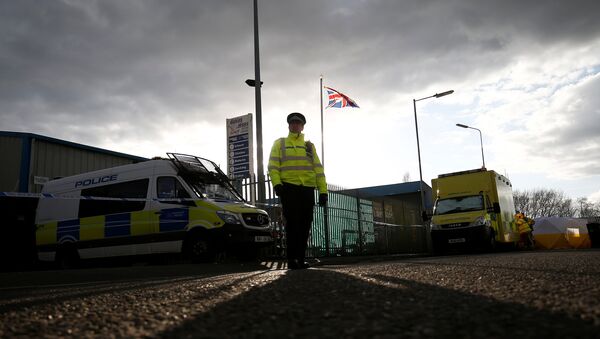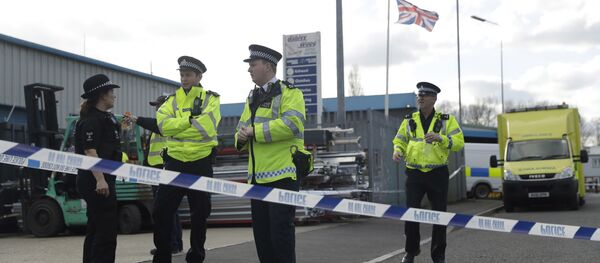"The hostile decision of British authorities to expel 23 Russian diplomats will negatively affect the work of the consular office and reduce its ability to issue visas to British nationals," the embassy’s spokesperson said.
Moreover, the Russian Embassy in London said that the UK's reluctance to let staff from Moscow handle some of the consular workload in the wake of an ex-spy's poisoning would further worsen its ability to function.
"The embassy is studying options for reassigning duties among its current staffers. The problem is exacerbated by the UK’s refusal to allow sending staffers from Moscow for consular aid by denying them visas," an embassy spokesperson said.
Prime Minister May on Wednesday blamed the March 4 poisoning of Sergei Skripal, a former Russian intelligence officer, and his daughter on Russia. She claimed that the substance used in the attack in Salisbury was a military-grade nerve agent of the so-called Novichok group, developed in Russia.
Russian officials have rejected the claims that Moscow is in any way responsible. Foreign Minister Sergey Lavrov has stressed that Russia is ready to cooperate on the probe but needed to look at a sample of the substance in question.
Skripal was accused in Russia of espionage on behalf of London and later granted asylum in the United Kingdom after a spy exchange. He and his daughter were found unconscious on a bench at a shopping center and remain in a critical condition following the attack.



